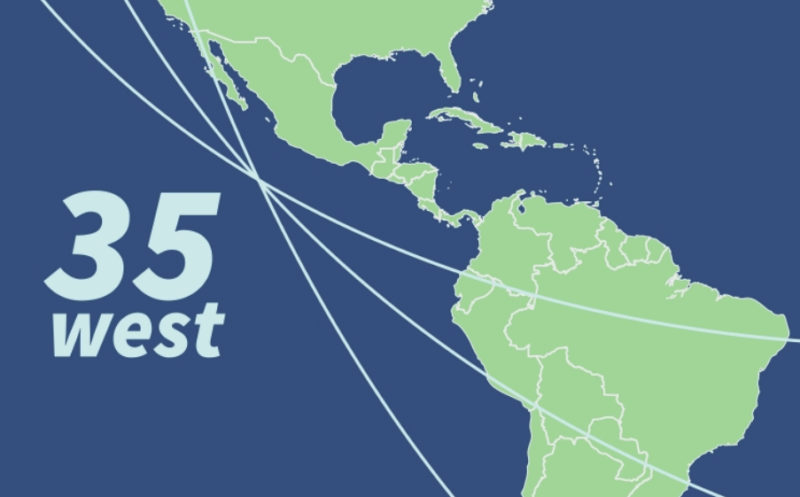Rising Brazil: The Choices Of A New Global Power
What should we expect from a newly powerful Brazil? Does the country have the capacity and leadership to be a central actor in addressing critical global and regional problems?
In a conversation with Richard Miles, Senior Fellow at the Center for Strategic & International Studies, Lisa Viscidi explains the potential implications of this year's elections in Latin America's top oil-producing countries. Political changes in Brazil, Colombia, Mexico, and Venezuela will affect oil output, with effects felt both domestically and in the United States. Furthermore, Mexico's historic energy reforms are at risk of slowing or changing course.
What should we expect from a newly powerful Brazil? Does the country have the capacity and leadership to be a central actor in addressing critical global and regional problems?
President Lula da Silva triumphantly announced that he and his Turkish counterpart had persuaded Iran to shift a major part of its uranium enrichment program overseas—an objective that had previously eluded the US and other world powers. Washington, however, was not applauding.
Hugo Chavez, the Venezuelan president, has clearly been enticed by the Libyan drama, where his longtime friend and ally, Muammar al-Qaddafi, is under siege from rebel forces.
 Center for Strategic & International Studies
Center for Strategic & International Studies